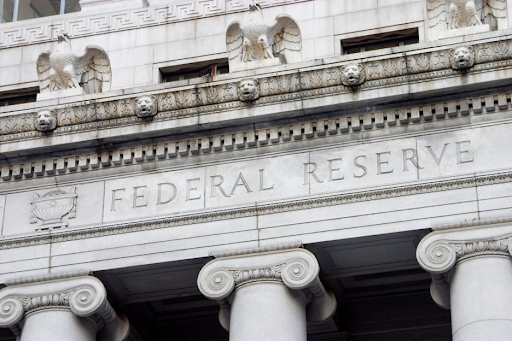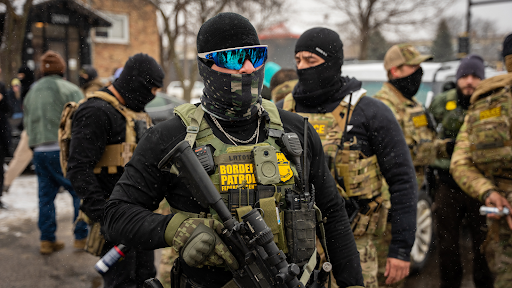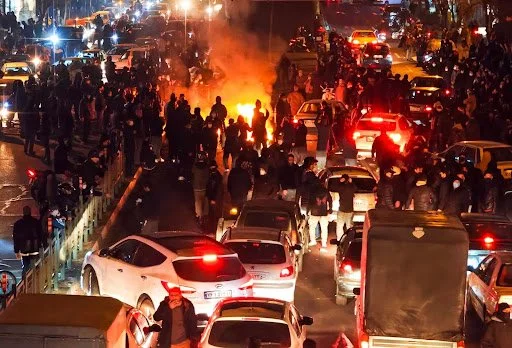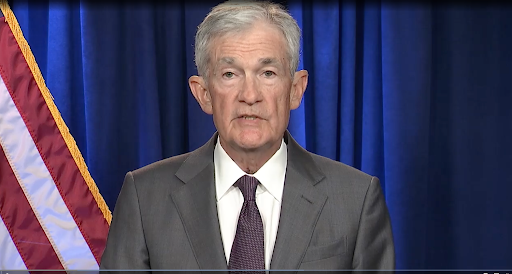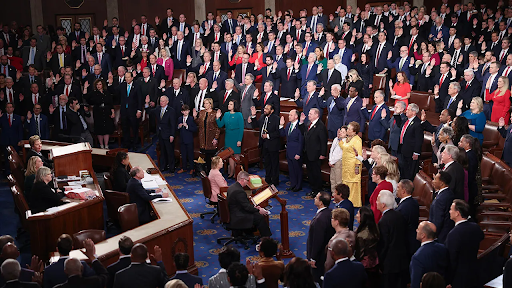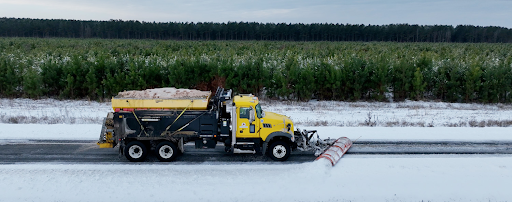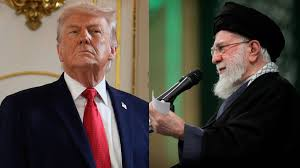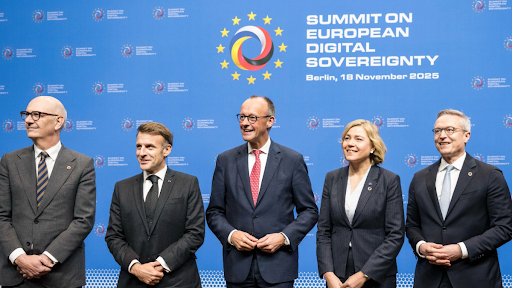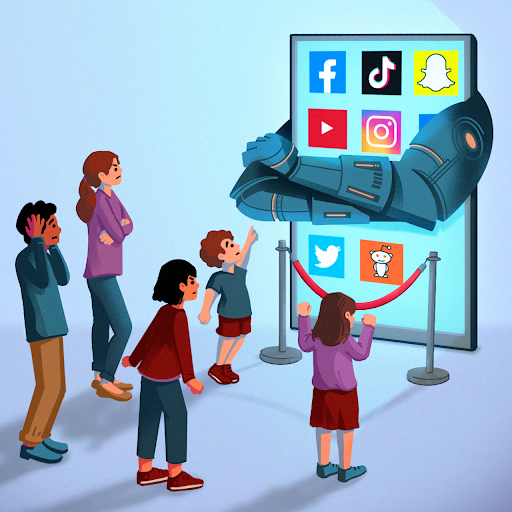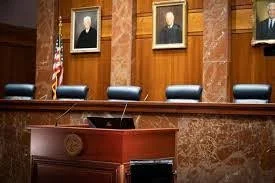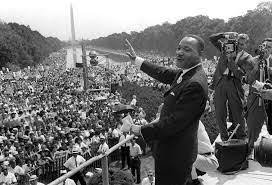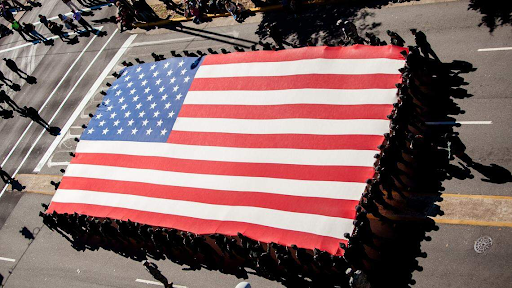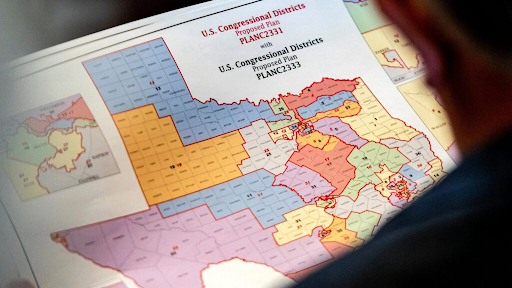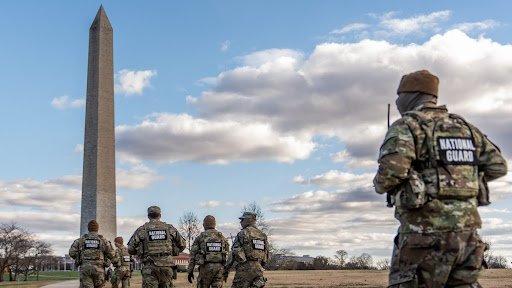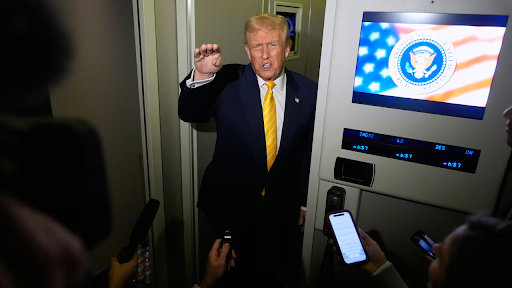These cuts halted naloxone distribution, overdose prevention efforts, mental health and substance abuse support in schools, and substance abuse recovery programs. The cuts affected nearly all discretionary funds, accounting for nearly $2 billion of SAMHSA’s budget. Less than 24 hours later, US health officials countered and began reinstating the funding to mental health and substance use programs. Some programs received notice of reinstatement on Wednesday night, while others are waiting for an official notice that they can resume work.
Read MoreFor decades, the Fed’s separation from political pressure has been treated as a foundation of economic stability, dividing expert-backed monetary policy from short-sighted political goals. If that barrier comes down, the aftershock will be felt well beyond Washington, causing further public distrust in the government.
Read MoreRegardless of political beliefs, a life lost at the hands of the state should never be met with indifference or applause. The death of Renée Nicole Good should not be treated as a political weapon, but rather as a loss of a life that demands careful rumination.
Read MoreAt the heart of the case is a fundamental question about federalism: how far can the federal government go in unilaterally imposing law enforcement operations on a state that explicitly opposes them? The case remains open, with Menendez denying the federal government’s request to postpone their January 19 deadline to respond.
Read MoreBeginning on December 28th, 2025, millions of Iranians gathered nationwide to protest the Islamic Republic government amid the country’s deepest economic crisis in modern history, marked by currency collapse, inflation, and widespread loss of public confidence. In response, the Iranian government imposed a near-total internet blackout and carried out a violent crackdown that left thousands dead or detained, signaling a deliberate turn to mass repression to preserve regime control.
Read MoreSo far, Jerome Powell and the Federal Reserve Board have done an admirable job of maintaining economic stability despite intense political pressure. However, uncertainty remains about the future of the Fed’s independence and its impact on both the domestic and global economy.
Read MoreA shift of just three seats could shatter the Republican trifecta and reshape national policymaking for the final two years of Trump’s presidency. With open districts, aggressive redistricting, and unhappy voters, the 2026 midterms are shaping up to be anything but ordinary.
Read MoreThe fiscal aftermath of the recent bomb cyclone has shown that North Carolina’s system of funding winter preparedness through 'mini-budgets' and contingency reserves is no longer sustainable. With the NCDOT exhausting half its annual winter budget in days, the state faces a choice between continuing a cycle of costly, reactive cleanup or investing in proactive infrastructure defense. As climate volatility increases, the General Assembly must establish a permanent Winter Resilience Fund to insulate the state’s economy from the paralyzing costs of future storms.
Read MoreIt is no secret that Greenland holds some of the world’s most valuable resources, including oil and copper. In the wake of recent ice melting, the vast natural reserves have caught the eye of the international community. In particular, U.S. President Donald Trump, who seems to have centered his term around Greenland’s acquisition. Much to the dismay of Europe, which now finds its relationship with the U.S. in a tumultuous position, America has entered a new age, one of expansion not from sea to shining sea, but to the Danish-controlled island of Greenland.
Read MoreFor the United States, the coming weeks will therefore be critical in determining whether such diplomacy can decrease or increase tension. For Iran, years of sanctions have negatively affected its economy, resulting in high inflation, a loss of value in currency, reduced oil revenues, and increased unemployment rates. Over the past two decades, the struggling Iranian economy has resulted in a slow population growth, an increase in the average marriage age, and riots across Tehran.
Read More
Big tech companies are now so deeply woven into everyday life that the extent of their power over ordinary people often goes unnoticed. What may have once been a singular calamity is now becoming a growing worry for many European leaders in the wake of a Trump administration with an increasingly brash approach toward the EU.
On May 6, H.B. 301, introduced by Representative Jeff Zenger, was passed in the North Carolina House of Representatives. With this bill, minors in North Carolina under 14 would be restricted from making accounts on all social media platforms, while those under 16 would need parental consent to sign up for an account. Proponents argue that this bill would make important strides in protecting youth mental health, preventing cyberbullying and exposure to harmful content, and encouraging safer recreational activities. However, opponents argue that the bill has the potential to encroach on children’s First Amendment rights, as well as introduce privacy concerns and data collection vulnerabilities.
Read MoreOn January 6th, the Supreme Court of Texas amended the state constitution so that law schools are no longer required to receive accreditation by the American Bar Association (ABA), the organization in charge of overseeing legal education in the United States. An accreditation is a recognition that the education a law school provides is consistent with standards laid out by the ABA. Graduates from ABA-accredited law schools are eligible to take the Bar, the final exam necessary to become an attorney. Instead of the ABA providing this accreditation, it is now the responsibility of the court.
Read MoreAs artificial intelligence makes its way into more and more aspects of everyday life, it is important to remain aware of its magnitude and potential harm as it relates to our social interactions and the preservation of our originality. Recently, the decisions of companies like Amazon to expand their artificial intelligence branches have shifted the technology’s target toward the job market. AI is a massive venture, and it is growing at a pace with which the general population cannot keep up. Consequently, it is unclear just how severe these job losses and competition for employment will become.
Read MoreIn the United States of America, Black History Month is celebrated between 1st of February - 1st of March. It is a national moment to reflect on the historical inequalities of the past and think about the present challenges of political, social and economic polarization and look forward to the future where there is equality of life and opportunities, regardless of one’s background based on the American Dream based on life, liberty and happiness. What lessons can we draw from the life and legacy of Martin Luther King Jr’s life whose day we celebrated on January 17?
Read MoreEstablished in 1934, the North Carolina Children of Wartime Veterans Scholarship has long helped veterans’ children afford in-state higher education. Recent funding cuts and prorated awards have created financial uncertainty for recipients, threatening their ability to stay enrolled. Through the story of UNC student William Dishmon, the article shows how these reductions undermine the program’s original mission, despite lawmakers citing fiscal mismanagement and reforms, leaving students to bear the consequences of an unstable commitment.
Read MoreOn November 19th, the U.S. Department of Labor announced that it would delay its usual October estimate of the national unemployment rate until December. The recent government shutdown has impeded their ability to release the figures this month. This is not the first time the Bureau of Labor Statistics (BLS) has faced issues with calculating the unemployment rate, as the Trump Administration has raised issues over the integrity of its data collection methods. Recent doubts and delays over the number of unemployed workers in the United States have the potential to prolong the current rise in unemployment for American workers in the coming months.
Read MoreTexas’s blocked map is more than a state dispute; it’s a preview of a brewing national crisis. As courts reconsider long-standing Voting Rights Act protections and both parties escalate their redistricting tactics, American democracy risks slipping into an arms race where voters, not politicians, pay the price.
Read MoreThe killing of two National Guard members in D.C. has reshaped debates surrounding the deployment of troops in American cities and morphed into a catalyst for the Trump administration’s attacks on immigration.
Read MoreIf the leader of the United States of America and his representatives can justify the level of misogyny and disrespect in his interactions with female members of the press as simply “frank and honest,” there is a long road ahead of us for reaching equal treatment between genders in the modern political sphere.
Read More

